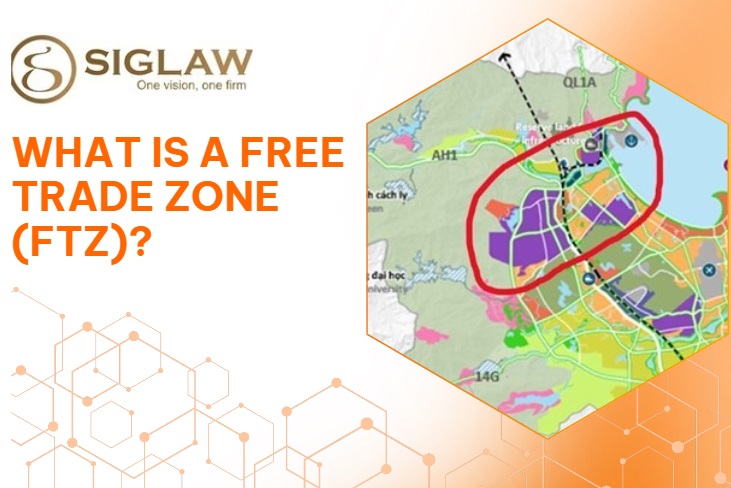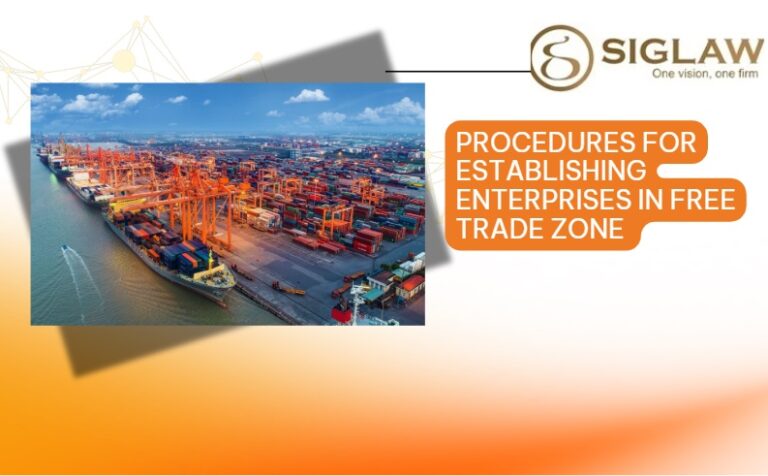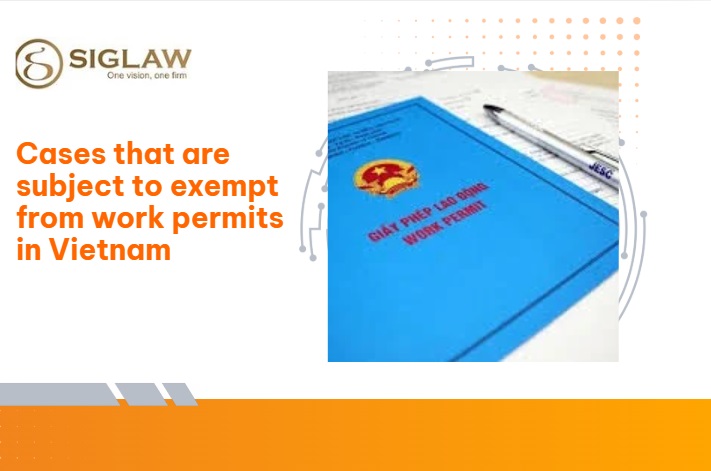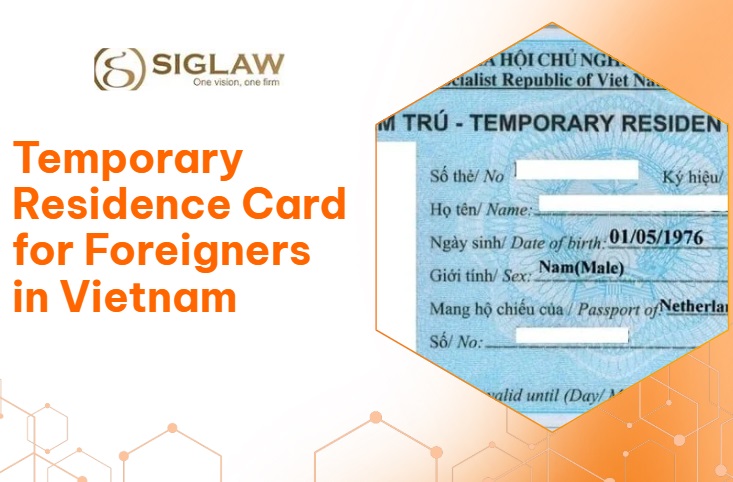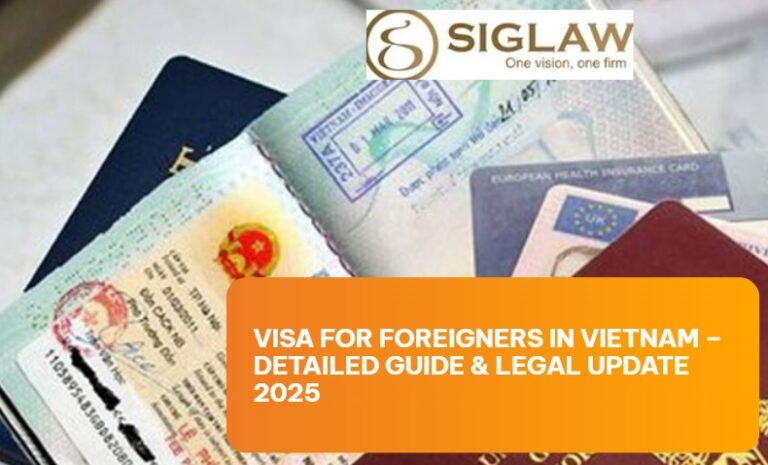The removal of certain sub-licenses presents significant opportunities for foreign investors entering the Vietnamese market. However, alongside the procedural advantages, investors also face a number of challenges. Is the elimination of some sub-licenses a golden opportunity or a new challenge for foreign investors entering Vietnam? Let Siglaw Law Firm explore this topic in the following article!
What is a “sub-license”?
A “sub-license” is a type of permit granted to individuals or organizations operating in conditional business sectors under investment law. It is a legal document confirming that the individual or organization has met all necessary requirements to conduct business in that sector.
In other words, in addition to a business license, an investor must also obtain a sub-license if their activity falls within sectors or industries that are subject to conditional requirements.
So, what constitutes a conditional business sector?
For example, Company B (foreign) intends to invest in establishing an overseas study consultancy center in Vietnam. First, the investor must ensure lawful operation in Vietnam, meaning the foreign educational organization must be authorized to operate under Vietnamese law.
Once authorized, the company can then apply for any applicable sub-licenses. Specifically, providing overseas study consultancy services is a conditional business sector under Article 116 of Decree 125/2024/ND-CP. Therefore, to operate legally in this field, the company must obtain a Business Registration Certificate for study consultancy services from the competent authority.
Thus, in this case, applying for a sub-license is a mandatory procedure to allow the company to legally provide study consultancy services while ensuring compliance with the law and the conditions applicable to conditional business sectors.
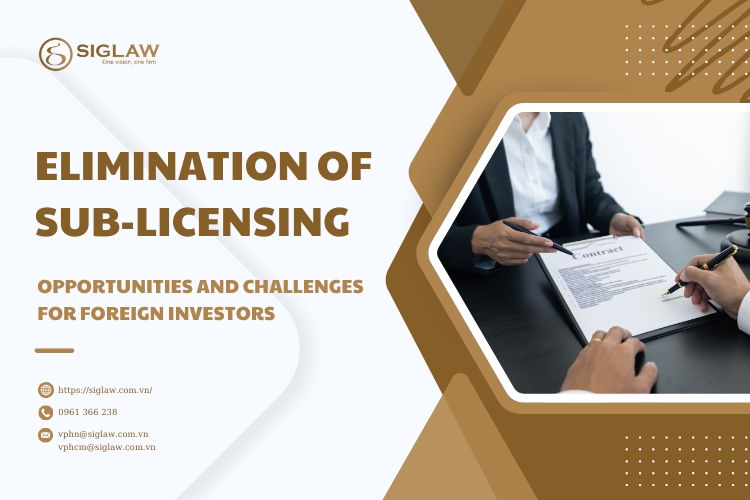
Types of Sub-Licenses Abolished under the New Regulations
Recent legal documents clearly reflect the direction of administrative reform and the removal of sub-licenses in the business sector.
A notable example is Decision 2354/QĐ-BTC dated July 3, 2025, issued by the Ministry of Finance, which announced the abolition of eight administrative procedures related to the establishment and operation of businesses, while also amending and supplementing several other procedures to shorten processing time and eliminate unnecessary verification steps. This represents a significant step forward in simplifying the legal environment for the business community.
Additionally, during the reform review process, the Ministry of Finance proposed abolishing certain procedures related to overseas investment, specifically: the procedure for approving the investment policy abroad (under the authority of the National Assembly and the Prime Minister) and the procedure for granting the Certificate of Investment Registration abroad (under the authority of the Ministry of Planning and Investment). Under this proposal, enterprises and investors may only need to register capital transfer transactions with the State Bank of Vietnam, instead of going through multiple levels of approval as before.
These reform policies not only contribute to improving indicators on the business environment and national competitiveness but also enhance Vietnam’s image as a transparent, dynamic, and investor-friendly market in the Southeast Asia region.
Golden Opportunity or New Challenge for Foreign Investors Entering the Vietnamese Market
The reduction of sub-licenses is a positive “boost” for foreign investors. First, business startup procedures become faster and more streamlined – FDI investors can establish a company or expand a project without having to wait for numerous small licenses as before. Second, compliance costs are reduced (less paperwork, fees, and time), allowing businesses to focus resources on their core operations. Third, the business environment becomes more transparent and fair: eliminating sub-licenses helps prevent corruption and “permission-seeking” practices, creating a level playing field for companies. Overall, this presents a golden opportunity for FDI to enter Vietnam more easily, especially in sectors that were previously constrained by complex business conditions.
Alongside these opportunities, foreign investors also face several challenges. First, adapting to and updating regulations: the abolition of many sub-licenses leads to changes in procedural workflows – investors need to update promptly to avoid errors or missed steps. During the transition period, inconsistent application of new regulations across localities may cause confusion for investors who are not well-informed. Second, although sub-licenses are removed, state management requirements remain: FDI companies must still meet conditions regarding safety, quality, environment, etc., under specialized laws, even if a separate permit is no longer required. This requires investors to proactively comply with technical and legal standards, rather than relying on the licensing process for guidance. Third, increased market competition: lower entry barriers mean more competitors (both domestic and other FDI companies) can enter the market, forcing businesses to further enhance their competitiveness.
To leverage the benefits and minimize risks during the “sub-license removal” phase, foreign investors should seek support from legal services specializing in investment and business establishment. With extensive experience in investment procedures in Vietnam, Siglaw Firm can help investors promptly update the list of abolished sub-licenses, guide them through the new streamlined processes, and advise on sector-specific regulations that companies must still comply with. The support of legal experts enables FDI investors to confidently enter the Vietnamese market: quickly seizing opportunities created by the reforms while avoiding legal pitfalls during this transitional period of significant regulatory changes.


